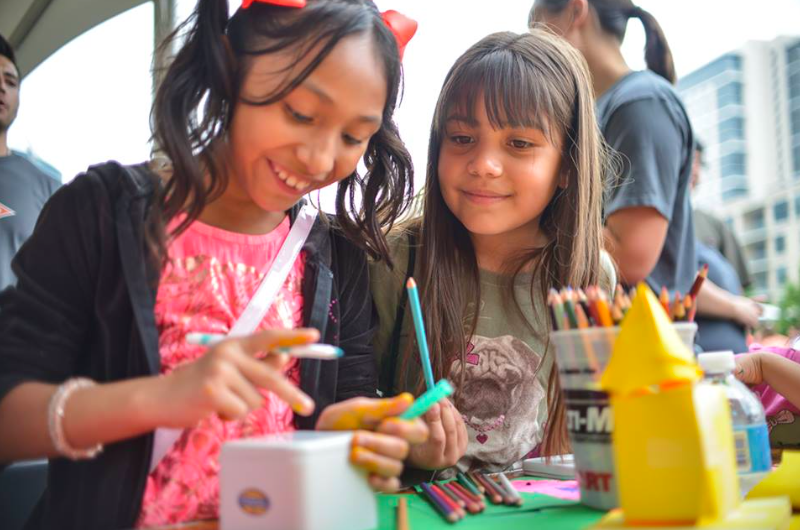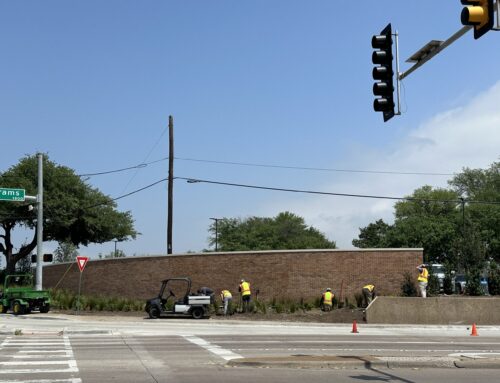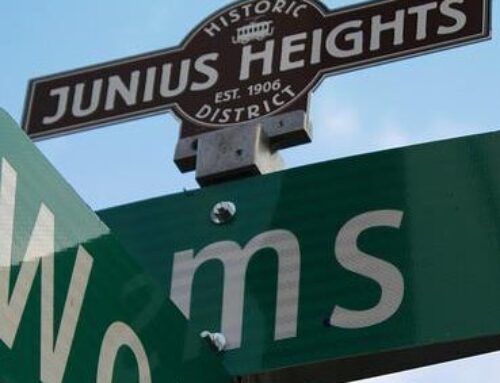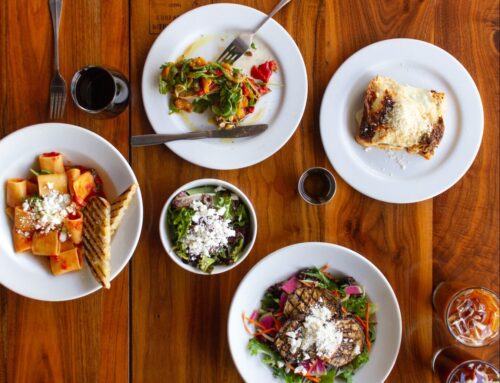Dallas ISD’s last day of school is June 2. Classes don’t start again until Aug. 22. Failing students attend the district’s summer school programs, and kids whose parents have enough resources attend camps and workshops.
What will the other tens of thousands of kids do for those 11 weeks?
It’s a problem that the City of Dallas, education foundations and philanthropists already have given or pledged $9 million toward solving. The result is Dallas City of Learning, which attempts to close the widening opportunity gap.
“Here’s an opportunity for us to provide enrichment,” Superintendent Michael Hinojosa said at a recent Dallas City of Learning luncheon. “Middle-class families get it all the time; some of our kids, they quit getting it over the summer.”
The luncheon, held at an erstwhile pump house in a Park Cities backyard, was an attempt to communicate the initiative’s efforts to a roomful of potential donors. Hinojosa talked about how the district’s demographics are trending — 80 percent economically disadvantaged when he was was first hired in 2005 to 90 percent today, and 30 percent English language learners to 42 percent today. In other words, the demographics are trending away from “families of agency,” as he called them.
Mayor Mike Rawlings, who also was present, said these kinds of numbers “continue to come up in my face and we say, ‘What are we going to do about that?’ ” Summer enrichment along with early childhood education are “the two things that fill in the gap in this complicated world,” Rawlings believes, and when students lack these and enter sixth-grade two grades behind, “the game’s over at that point,” he said.
In the past two years, City of Learning’s pilot programs, managed by education nonprofit Big Thought, connected nearly 35,000 students — 70 percent of them economically disadvantaged — with 200-plus partners who provided “programs, camps and experiences connected to their interests.” It might be an on-site program at a school, library or museum, or it might be a virtual class; either way, students can earn digital badges that recognize their achievements, encourage related activities and even map out college and career paths.
Rawlings compared it to the old-school method of earning merit badges for scouting.
“That’s this on a big scale on an iPad,” he said.
This year’s enrollment kicks off in spring and is open to all students, regardless of income level, though a large portion of funds will go toward programming and scholarships for low-income students, especially in the most underserved portions of the city. What makes City of Learning unique, and a major reason donors and foundations are backing it, is that the initiative will not only offer educational enrichment but also track results — data sharing agreements between Dallas ISD, SMU CORE and other partners will allow for evaluation of how City of Learning’s various summer enrichment programs make a difference (or don’t) in students’ academic performance at school.
“It’s just like, I bought something at Neiman six months ago and now they know everything about me,” said Big Thought president and CEO Gigi Antoni at the luncheon, describing the initiative’s data platform.
One challenge is transportation, and Dallas ISD will “capitalize on what we already spend on summer school” to utilize its buses for kids who want to attend a camp but can’t easily get there, Hinojosa said. Another challenge is getting the word out to families who aren’t accustomed to enrolling in summer camps and programs. Rawlings emphasized that information should be readily available at “schools, parks and rec centers, libraries — any places that kids touch.”
The expansive gap between Dallas ISD’s graduation rate and its number of students ready for college was cited as one of the many reasons a summer learning gap is a huge problem.
“We’ve got to get them ready to be thinkers,” Antoni said. “There’s a lot more than what’s on a pencil-paper test.”
Editor’s note: This is the third story in an occasional series. For more, read:
Have money? Then you probably don’t know what a big deal this is
Dallas’ pre-K proposal mostly benefits children who don’t need pre-K






